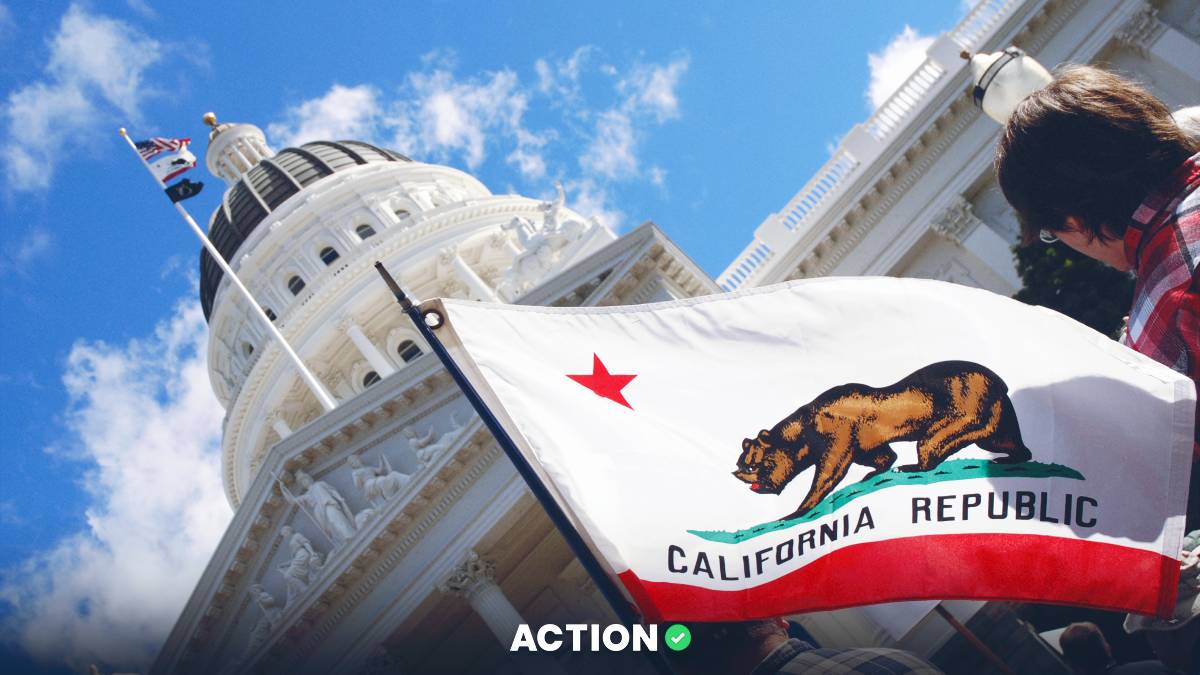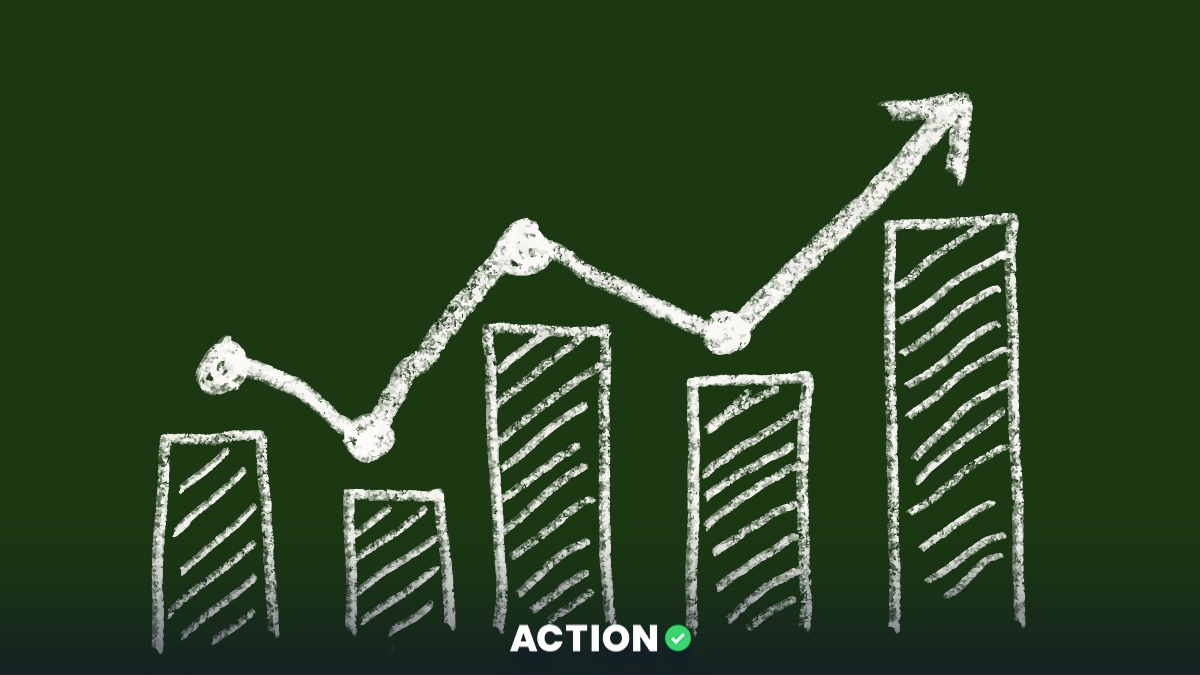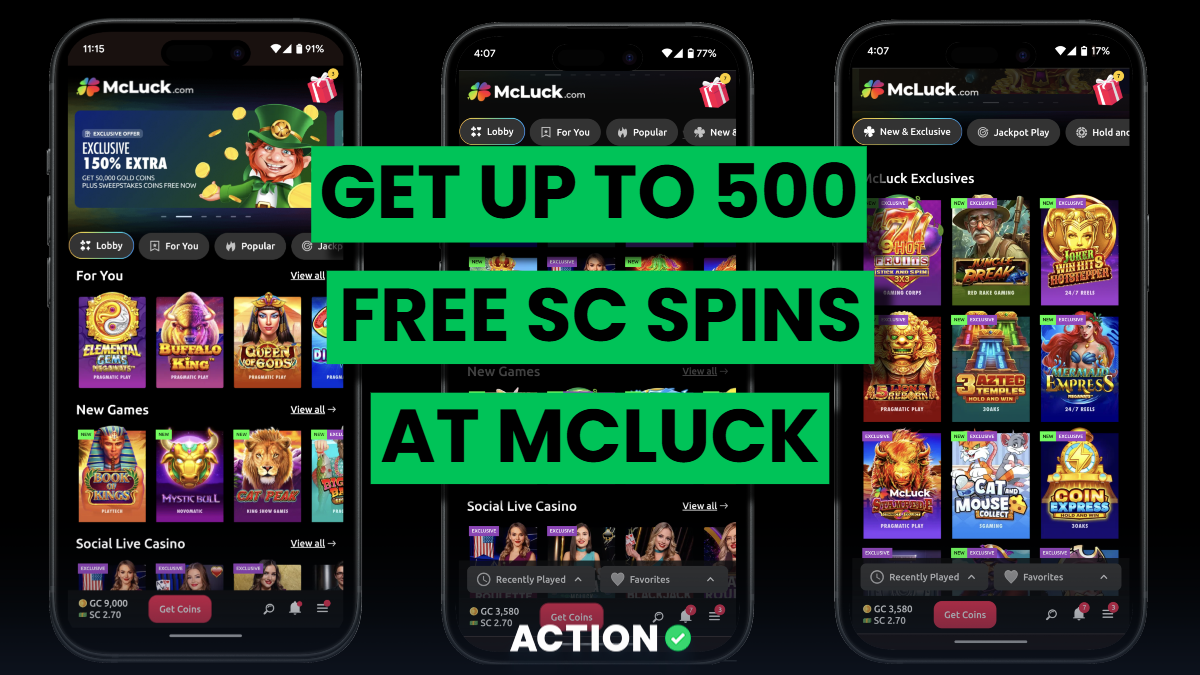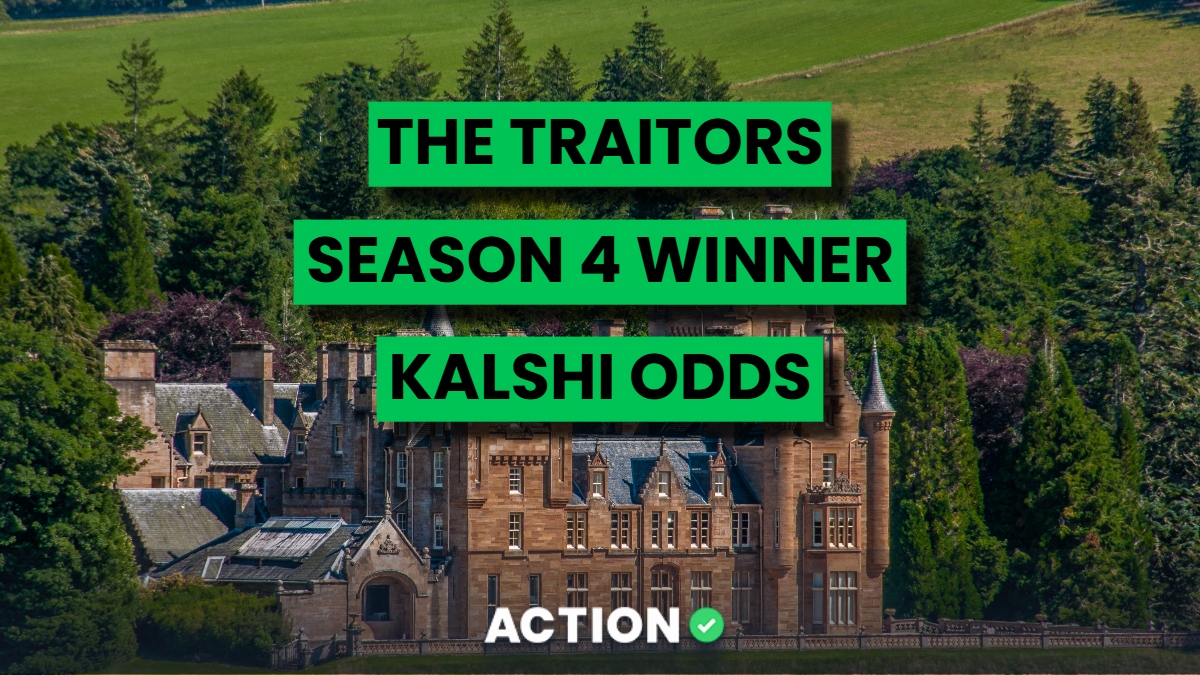This could mark the beginning of the end for sweepstakes casinos in California.
Lawmakers have moved forward with Assembly Bill 831, which aims to ban these casinos throughout the state. The bill, already approved by the Senate Governmental Organization Committee, focuses on shutting down this popular digital entertainment.
Supported by the Indian Gaming Association (IGA) and the California Nations Indian Gaming Association (CNIGA), AB 831 targets every aspect of the sweepstakes casino industry. It affects operators, payment processors, platform providers, and even celebrity endorsers involved in the industry.
This decision, however, has not gone without controversy.
Late Additions and Legislative Process Concerns
The journey of AB 831 through California's legislative process has raised eyebrows due to the tactics employed.
Initially, the bill did not pertain to sweepstakes casinos. However, after the Assembly passed an unrelated piece of legislation in May, the Senate inserted restrictive language aimed at sweepstakes casinos in June. Critics argue that this rushed amendment process has left little room for stakeholder input or a thorough examination of potential impacts.
Broad Opposition from Industry Groups
The Social & Promotional Games Association (SPGA) has expressed firm opposition to AB 831, calling it "too vague, too rushed, and too risky."
The association argues that the bill seeks to outlaw an entire category of legal digital entertainment without clear definitions or evidence of consumer harm. The SPGA has criticized the legislation for its lack of clarity, particularly regarding vital terms such as "dual currency system" and "cash equivalents," which remain undefined in the bill.
The SPGA sent a letter to California Assembly member Avelino Valencia, who introduced the bill, outlining its opposition to AB 831.

Similarly, the Social Gaming Leadership Alliance (SGLA) has issued a statement urging lawmakers to reject AB 831. Jeff Duncan, Executive Director of SGLA, argued that the bill undermines established legal precedents that support legitimate sweepstakes promotional models in various industries, including food and retail.
Implications for Businesses and Consumers
Proponents of AB 831 argue that it is necessary to curb a form of gaming that operates in a grey area of the law.
But opponents claim that the bill threatens to criminalize standard promotional tactics used by reputable brands like Starbucks, Microsoft, and Marriott. These companies often utilize sweepstakes as part of their customer loyalty programs, which could be classified as illegal under the new legislation due to its ambiguous definitions.
It also includes a crackdown on celebrities who promote social and sweepstakes casino games. The bill's wording indicates that California celebrities like Drake, Paris Hilton, and Ryan Seacrest could be held legally responsible for advertising and promoting illegal casinos.
Legislative Scrutiny and Future Discussions
During hearings, lawmakers themselves have expressed the need for amendments and further clarification, highlighting the rushed nature of the bill's advancement. Concerns have been raised regarding the definition and scope of what constitutes illegal activity, with some senators indicating they may change their votes based on future stakeholder input.
Others are also pushing back. New Jersey is on the verge of joining five other states in banning sweepstakes operations. The list also includes:
- Arizona: The Arizona Department of Gaming (ADG) issued cease-and-desist orders to unregulated operators.
- Connecticut: The state has already implemented a ban similar to Montana's.
- Louisiana: The governor vetoed recent legislation, but the state’s gaming board has issued numerous cease-and-desist orders.
- Maine: Sent out a warning to its residents about sweepstakes gaming.
- Nevada: Strengthened penalties against unlicensed gaming with the passing of SB 256,
- New York: Its bill banning online sweepstakes casinos is awaiting the governor’s signature.
- Pennsylvania: The Gaming Oversight Committee issued 18 cease-and-desist letters to sweepstakes casinos operating within the state.
Ohio and Mississippi are also considering legislation to curb sweepstakes operations.
The next hearing for California's bill is slated for July 15 before the Senate Public Safety Committee.
Governor’s Stance and Legislative Outlook
Adding another layer of complexity, California Attorney General Rob Bonta released a statement on July 3 asserting that daily fantasy sports contests are illegal under the state’s current gaming laws. This aligns with AB 831’s intentions but underscores the broader uncertainties regarding gaming regulations in the state.
With a legislative session that extends until September 12, AB 831 could carry over into the 2026 session if necessary, leaving room for ongoing dialogue and adjustments. California's tribes, which maintain exclusive rights over most forms of gambling in the state, have largely supported the bill, believing it reinforces their gaming exclusivity.
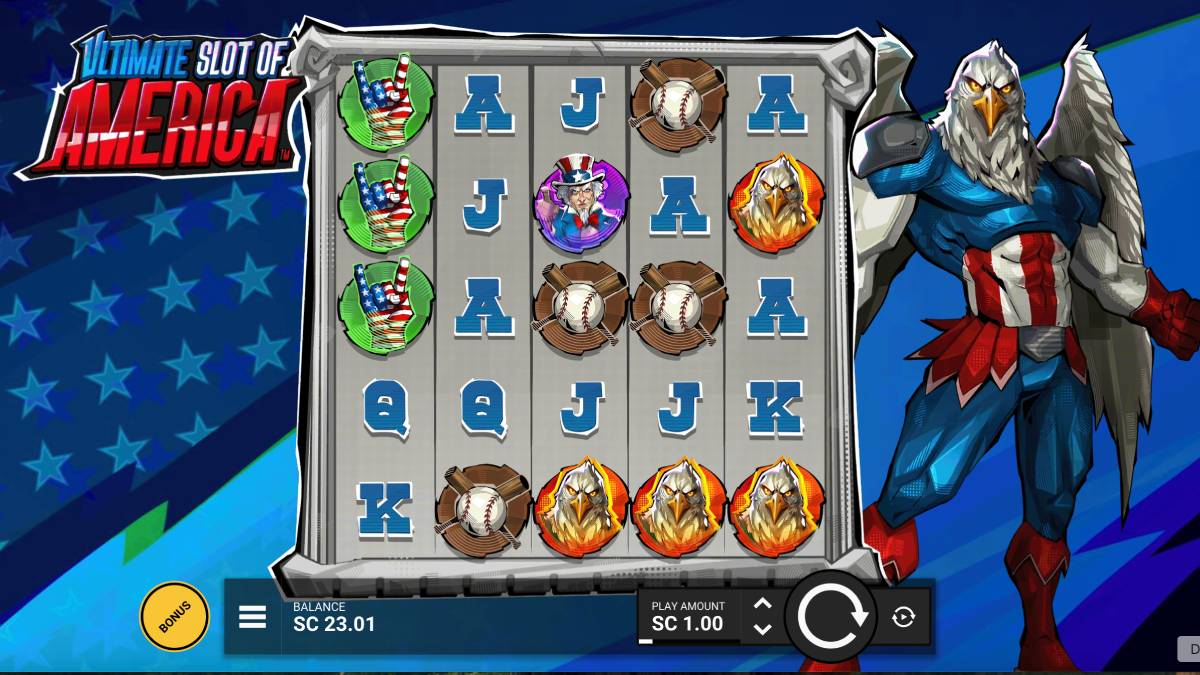
Assembly Bill 831 represents a pivotal moment for digital gaming regulations in California. While it has made strides through the legislative process, the depth of opposition and need for further debate suggest that its path to becoming law will be anything but straightforward.


